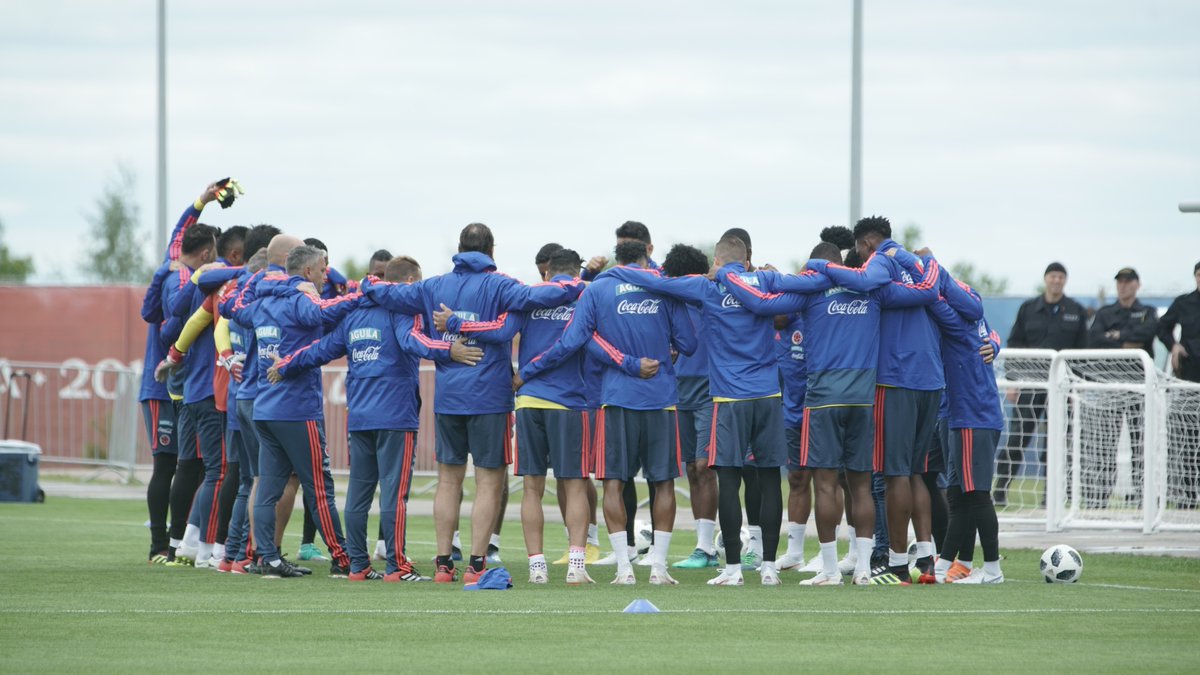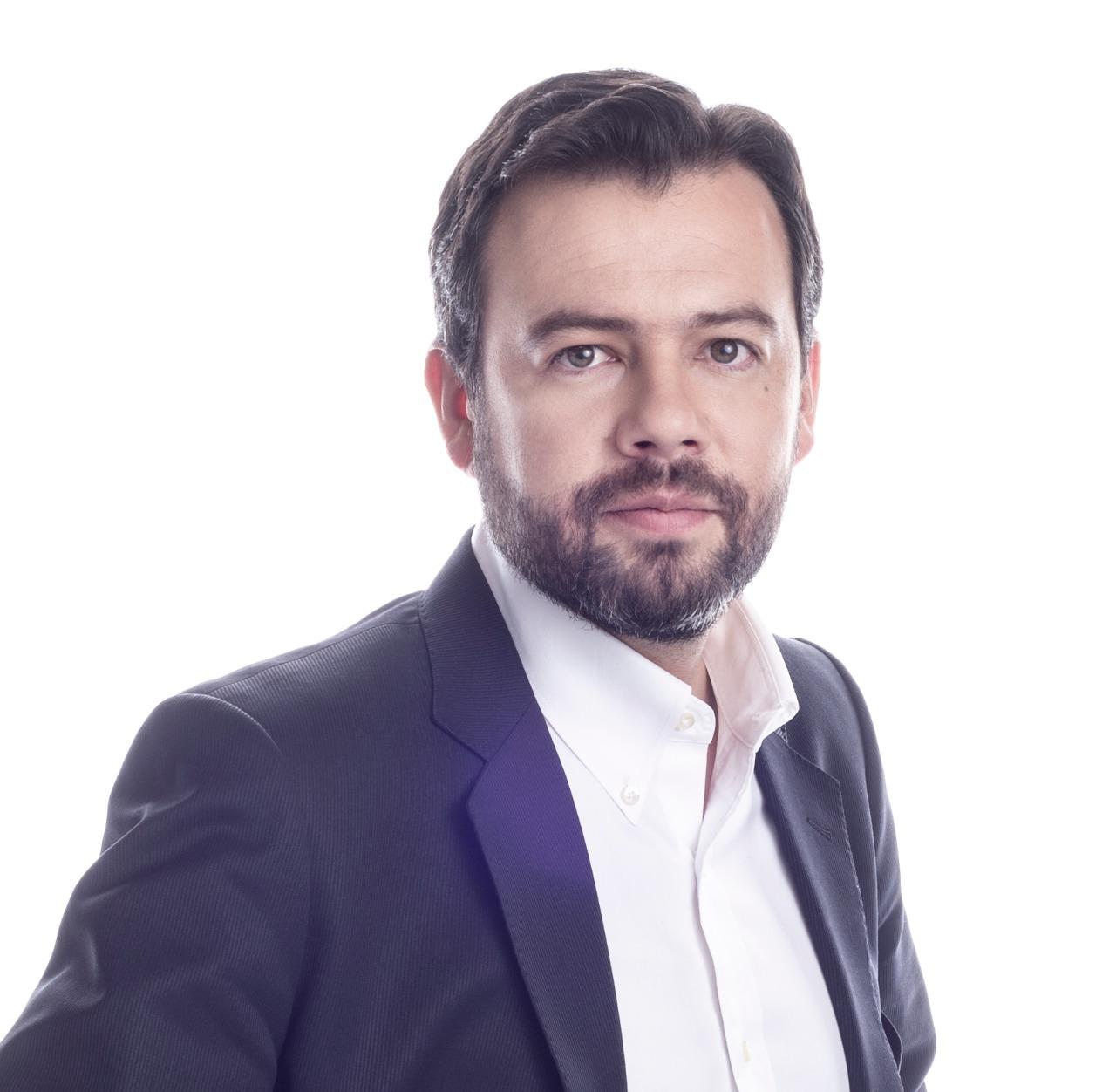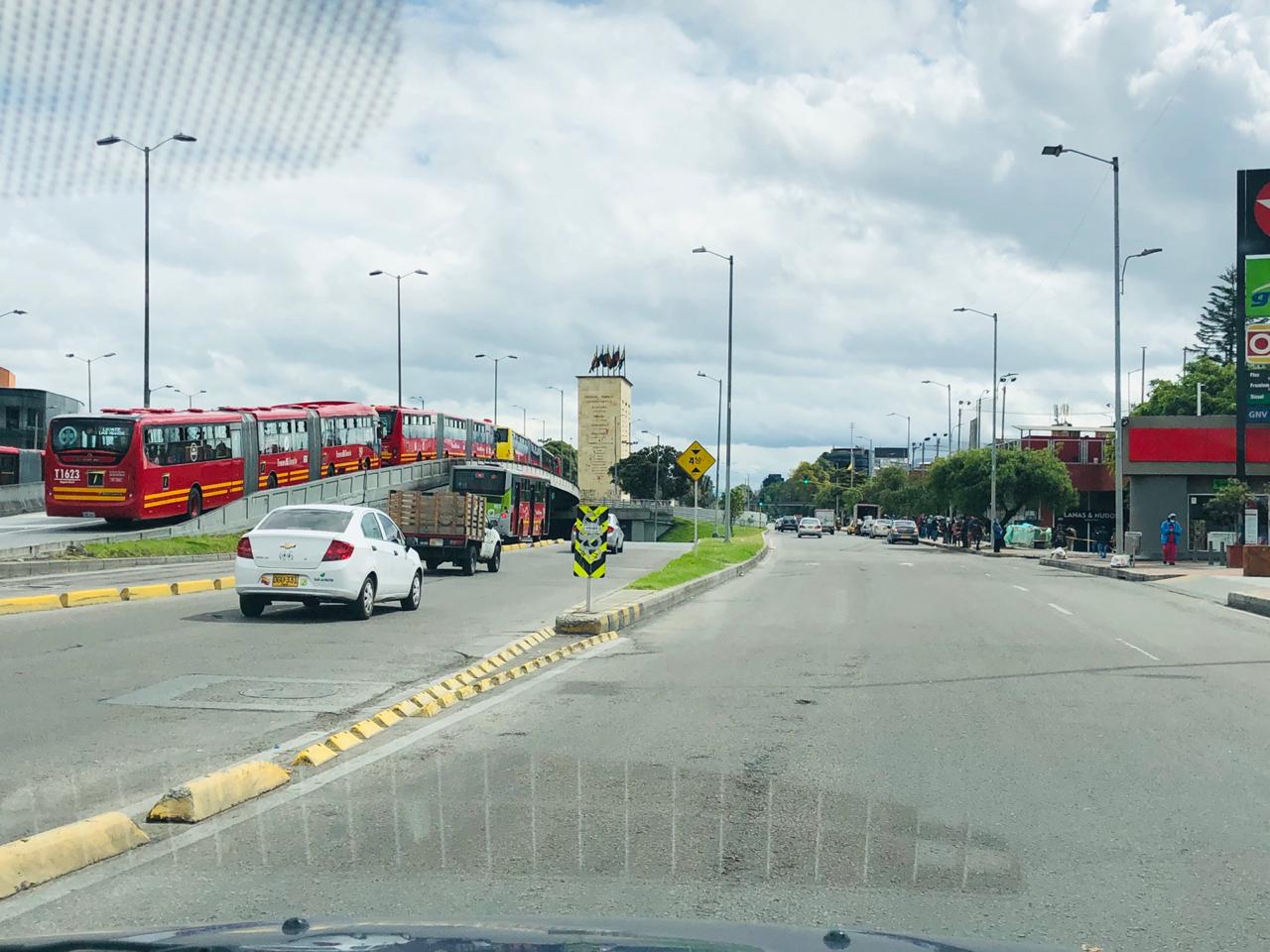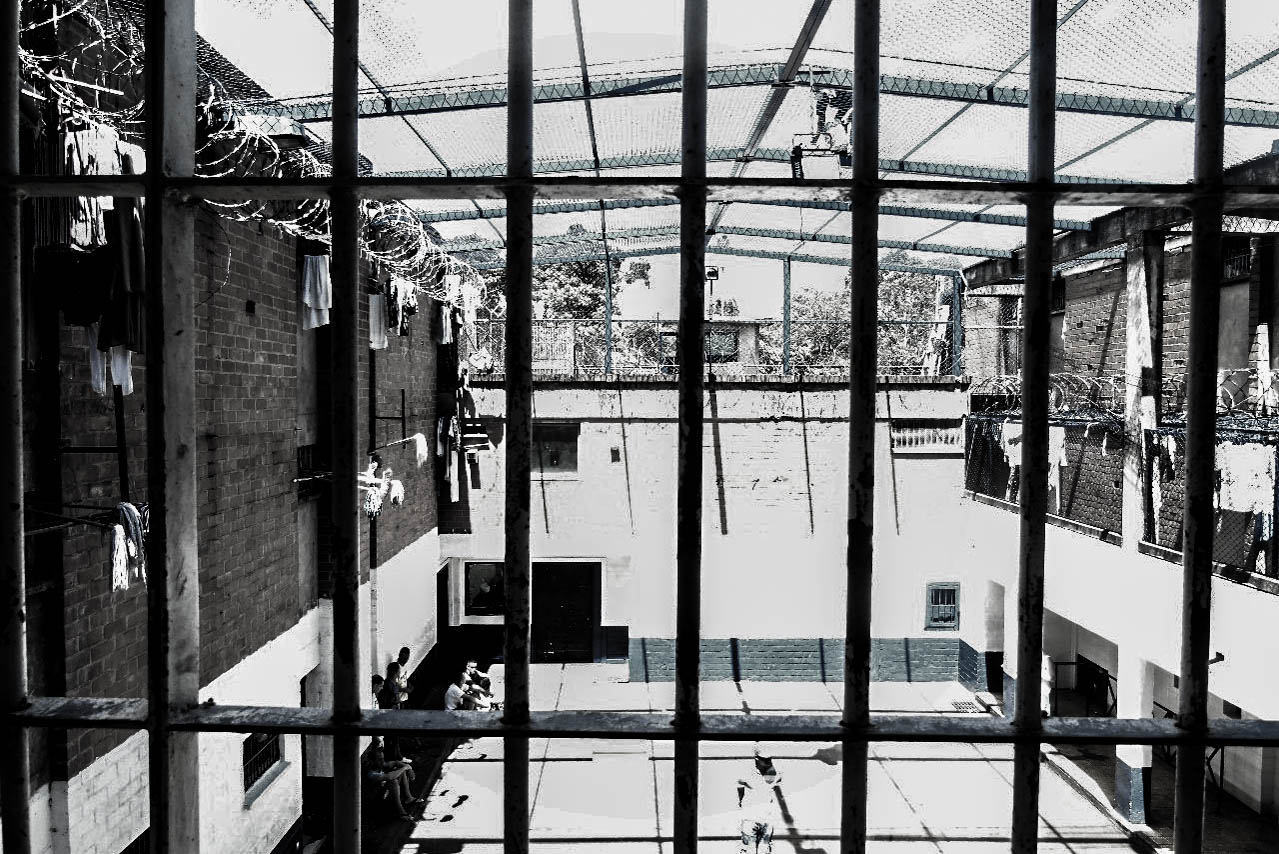 As the peace talks reach what the International Crisis Group calls ‘their toughest stretch’, the FARC called a one-month unilateral ceasefire – to begin on July 20 – to coincide with Colombia’s Independence Day.
As the peace talks reach what the International Crisis Group calls ‘their toughest stretch’, the FARC called a one-month unilateral ceasefire – to begin on July 20 – to coincide with Colombia’s Independence Day.
“The FARC decrees a unilateral ceasefire starting July 20, 2015 for the period of a month,” the rebel peace delegation in Havana tweeted Wednesday July 8.
The move comes just a day after Cuba, Norway, Venezuela and Chile, who are guarantors and sponsors of the talks, called for an “urgent” de-escalation of the violence.
Also Wednesday, Colombian President Juan Manuel Santos said the FARC must show “concrete commitments” for him to entertain the possibility of a bilateral ceasefire, but that the rebel group’s month-long unilateral truce was not enough.
“We appreciate the FARC’s gesture of the unilateral ceasefire, but more is needed, especially concrete commitments to accelerate the negotiations,” he tweeted.
In recent weeks, both sides have upped the ante with both words and actions.

Colombia’s chief negotiator Humberto de la Calle.
Humberto de la Calle, the government’s chief negotiator, gave a rare and wide ranging interview to renowned journalist and writer Juan Gossaín.
“I want to tell the FARC in all seriousness: this could end. One day it is probable that they won’t find us at the table in Havana,” he said.
His comments come against a backdrop of falling confidence in the process – with a recent Gallup poll putting the levels of public support at the lowest it has ever been – and an increase in violence on both sides.
De la Calle also told the reporter that the government would be willing to accept a bilateral ceasefire before a peace deal is signed.- which is a major change in policy.
“We are willing to accept a ceasefire… provided that it is serious, bilateral, permanent and verifiable”
FARC leader Pastor Alape called on Santos to make “overwhelming” gestures of peace in an interview with AFP.
He said he did not believe the government would pull out of the peace talks. “It could happen, but we do not think it will. We prefer to dream that Mr President is committed to this process, to taking it forward and to being the man that signs Colombia’s peace agreement, the man that will be remembered in history.”
For his part, President Santos used a speech in Soacha on July 4 to urge the Colombian public to work hand in hand with the government to achieve peace.
“We will win these three wars: against terrorism, against the lack of security and the war for peace.”
The talks, which began in November 2012, have led to agreements on three out of five of the points on the agenda.
In the 38th round of peace talks that began in Havana on June 18, negotiators reached an agreement on the formation of a truth commission, which analysts saw as a significant step amidst a deteriorating situation.
However, increased violence, a cessation of the FARC ceasefire and a fall in public confidence mean that the coming weeks will be critical.
An International Crisis Group report says that “The parties remain strongly committed to reaching an agreement, but risks of an involuntary or accidental break-up are real and probably higher than ever.
ELN blamed for Bogota bombs
Two bombs exploded in Bogota on July 2, one at a Porvenir pension fund office on Carrera 10 with Calle 72 in the city’s financial district, and a second at another office of the same company on Calle 13 with Carrera 46 in the city’s west. At least eight people were wounded in the attacks, one seriously.
President Juan Manuel Santos said evidence indicated that Colombia’s second largest rebel group, the National Liberation Army (ELN) was behind the bombings.
In central Bogota, a small explosive ‘pamphlet bomb’ sent ELN propaganda handbills fluttering about the street. No one was hurt in the detonation.
The actions seemed to coincide with the 52nd anniversary of the guerrilla group’s founding on Saturday.
By Mark Kennedy





